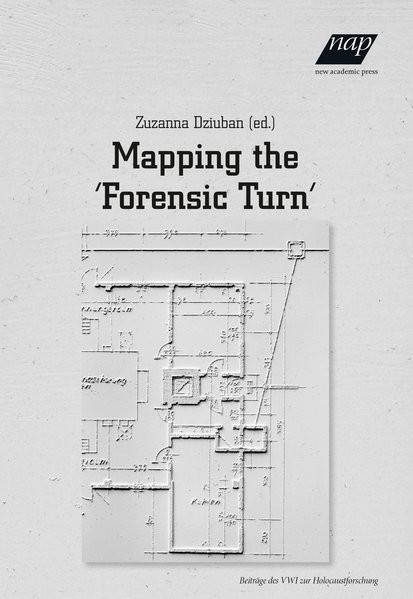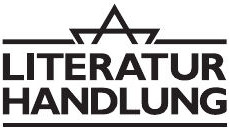Mapping the "Forensic Turn": Engagements with Materialities of Mass Death in Holocaust Studies and B

- Autor: Dziuban, Zusanna
- Autorenzusatz: (Hg.)
- Erscheinungsjahr: 2017
- Seiten: 368
- Bindung: Pb
Herstellerinformationen
Zu den Herstellungsinformationen gehören die Adresse und zugehörige Informationen des Herstellers des Produkts.
new academic press og
Feldgasse 21/2
A-1080 Wien
office@newacademicpress.at
Verantwortliche Person für die EU
In der EU ansässiger Wirtschaftsbeteiligter, der sicherstellt, dass das Produkt den erforderlichen Vorschriften entspricht.
new academic press og
Feldgasse 21/2
A-1080 Wien
office@newacademicpress.at
Produktsicherheitsinformationen
Sie finden den für das Produkt verantwortlichen Wirtschaftsakteur auf dem jeweiligen Produkt selbst, auf dessen Verpackung oder in einer dem Produkt beigefügten Unterlage. Diese Information ist in der Regel gut sichtbar angebracht, um Ihnen eine einfache Identifikation des Verantwortlichen zu ermöglichen.
